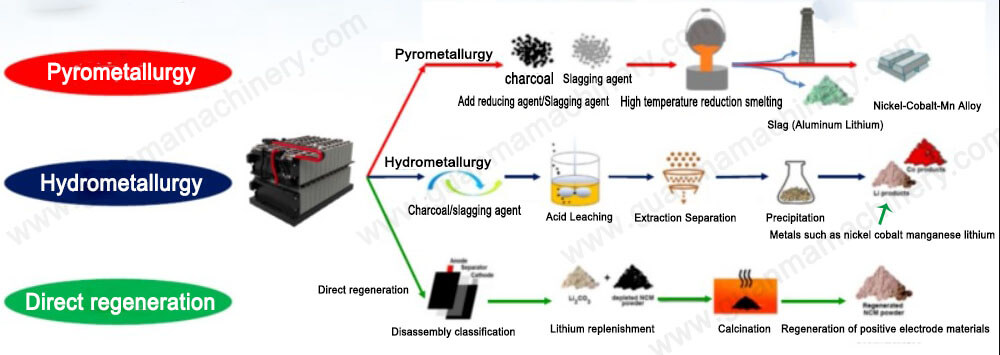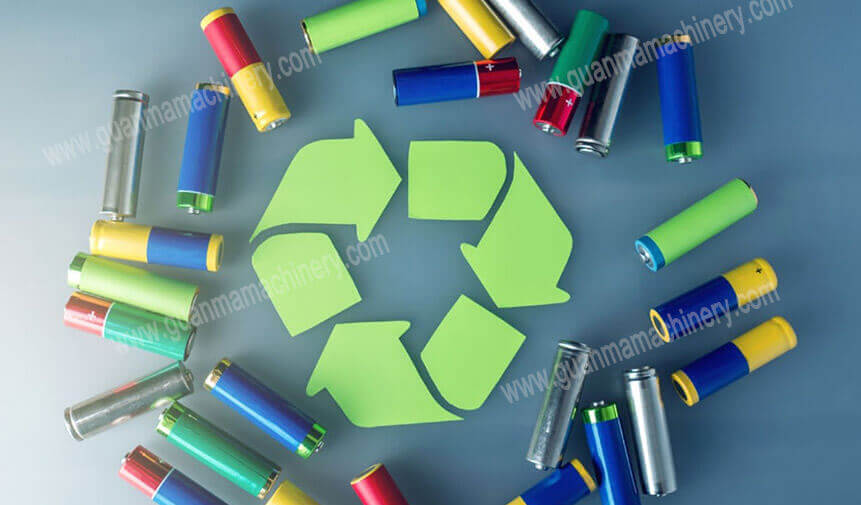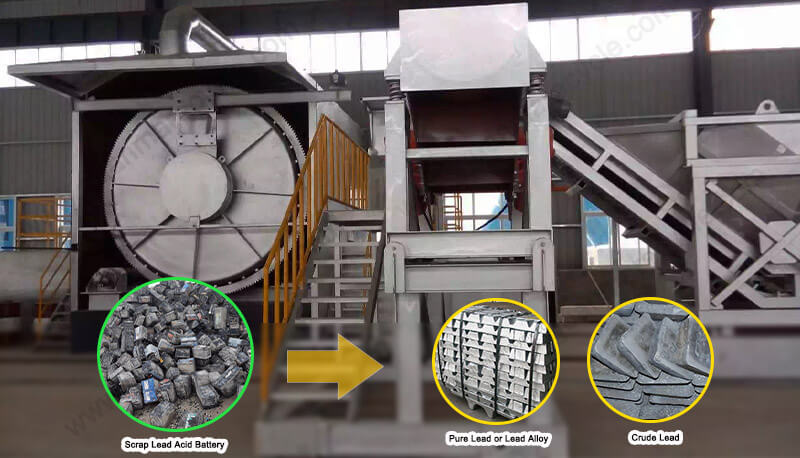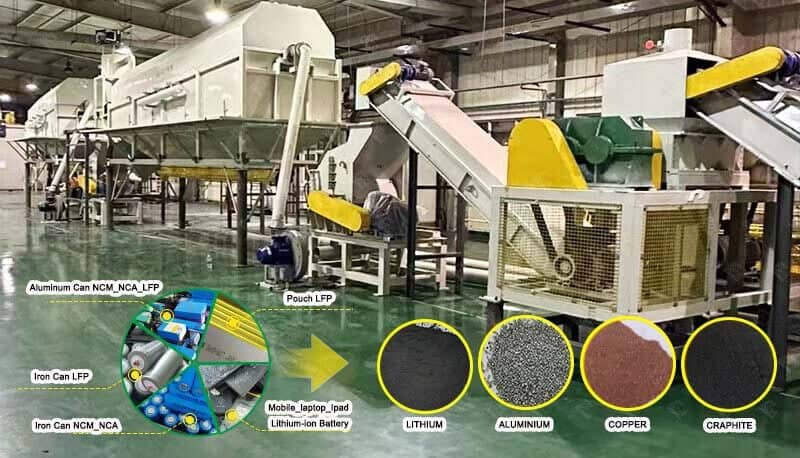Is Lithium-Ion Battery Recycling Profitable? Lithium-ion batteries have revolutionized our world, powering everything from smartphones to electric vehicles. However, as these batteries reach the end of their life cycle, the question of recycling becomes increasingly important. Is lithium-ion battery recycling profitable? The answer is multifaceted and hinges on several factors.
The Growing Demand for Lithium-Ion Batteries
The global demand for lithium-ion batteries is skyrocketing, driven by the increasing adoption of electric vehicles and renewable energy storage systems. This surge has led to a significant rise in the number of batteries needing recycling, creating a potential market for recyclers.
Economic Viability of Recycling
Recycling lithium-ion batteries involves recovering valuable metals like lithium, cobalt, nickel, and manganese. These materials are essential for manufacturing new batteries. Given the high cost of mining and processing virgin materials, recycling can be economically viable. However, the profitability depends on the efficiency of the recycling process and the fluctuating market prices of these metals.
Technological Advancements
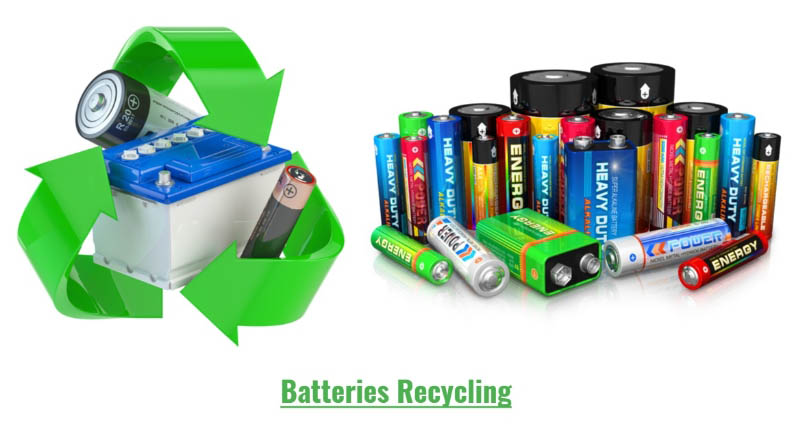
Advancements in recycling technologies are enhancing the efficiency and cost-effectiveness of the process. Innovations such as hydrometallurgical and pyrometallurgical methods are making it easier to extract valuable materials from used batteries, thus improving the economic outlook of recycling operations.
Environmental and Regulatory Incentives
Governments and environmental agencies are increasingly promoting battery recycling through regulations and incentives. These measures not only aim to reduce environmental impact but also to ensure a sustainable supply of critical materials. Compliance with these regulations can also lead to financial benefits for companies engaged in recycling.
Challenges in Battery Recycling
Despite the potential profitability, several challenges remain. The collection and transportation of used batteries can be costly and logistically complex. Moreover, the varying composition of batteries requires sophisticated sorting and processing techniques, adding to the operational costs.
In summary, lithium-ion battery recycling can be profitable, particularly as technology improves and demand for recycled materials grows. However, the profitability is closely tied to market conditions, technological advancements, and regulatory frameworks. As the industry evolves, the financial outlook for battery recycling is likely to become increasingly favorable, making it a viable and sustainable option for managing end-of-life batteries.

